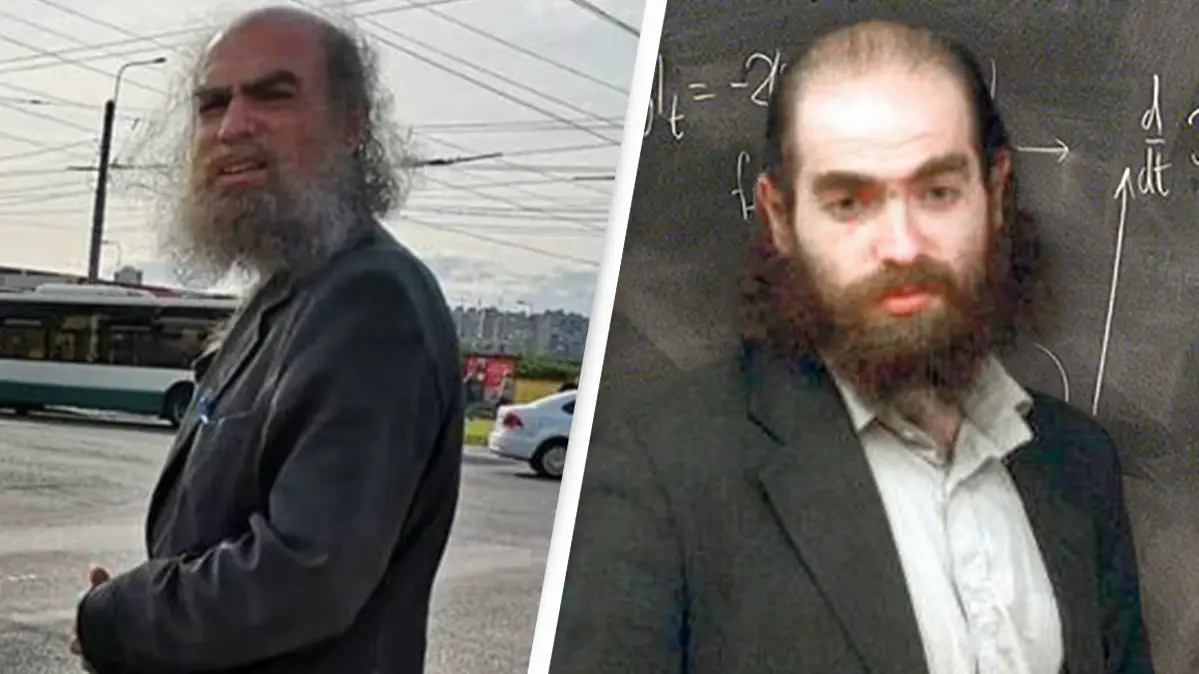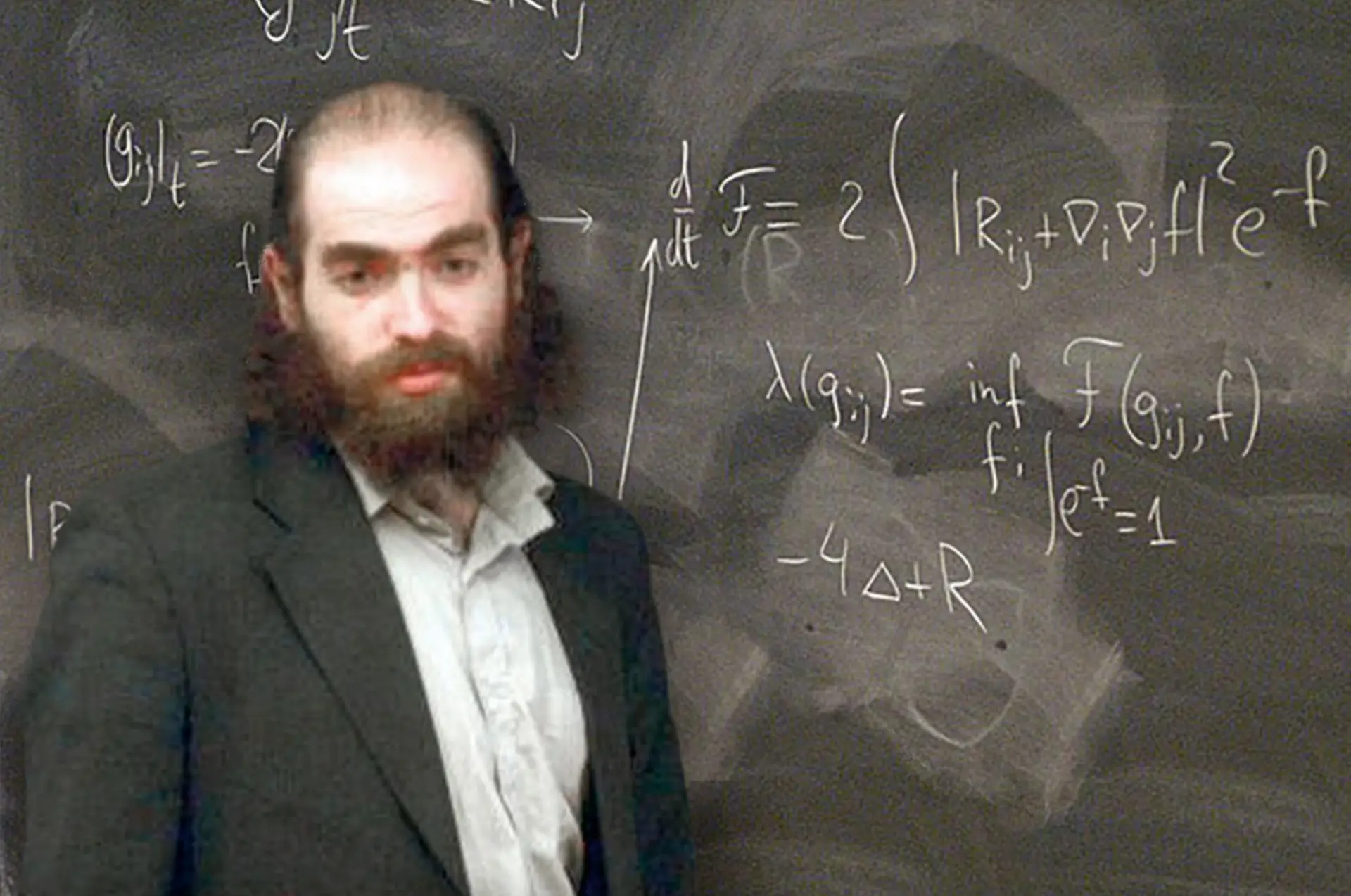
Mathematician Grigori Perelman cracked a century-old conundrum, turned down the $1,000,000 reward, then barricaded himself inside his apartment.
Way back in 1904, French mathematician Henri Poincaré posed a problem - known as Poincaré's conjecture - which involves the deep structure of three-dimensional shapes.
The theorem concerns spaces that seem like ordinary three-dimensional space but are finite in extent. It hypothesized that if such a space has the additional property that each loop in the space can be continuously tightened to a point, then it is necessarily a three-dimensional sphere.
If that went over the top of your head, don't worry! It doesn't make much sense to us either.
Advert

In fact, the theorem was so elusive that it took experts in the field of topology almost a century to prove it.
After decades of experts trying, Russian mathematician and geometer Grigori Perelman finally did it in a paper published in 2002.
Over the following years, the world's leading mathematicians worked to verify that Perelmen had definitely solved the problem.
Then, in 2010, the Clay Mathematics Institute in Cambridge, Massachusetts, honored him for his solution and offered a $1 million cash prize.

But Perelmen wasn't interested and turned down the reward, which was one of seven cash prizes offered by the institution for solving the world's most elusive maths problems.
He thought that the Clay Institute's decision to not share the prize with Richard S. Hamilton - who'd pioneered a differential equation in the field called the Ricci flow - was unfair as he felt Hamilton's contribution to solving the problem was just as important.
He stated that the 'main reason' for turning down the reward was his 'disagreement with the organized mathematical community': "I don't like their decisions, I consider them unjust."
Four years earlier, he'd declined the Academy Award of the math world, the Fields Medal, stating: "I'm not interested in money or fame; I don't want to be on display like an animal in a zoo.

"I'm not a hero of mathematics. I'm not even that successful; that is why I don't want to have everybody looking at me."
According to Sergei Kisliakov, director of St Petersburg's Steklov Mathematics Institute, where the math prodigy once worked as a researcher, Perelmen quit mathematics in 2006.
"He severed all contact with the community, and wanted to find a job unrelated to maths," Kisliakov said.. "I don't know whether he succeeded in that.
"He has rather strange moral principles. He feels tiny improper things very strongly."
Topics: Money, Science, Weird, World News, Community
